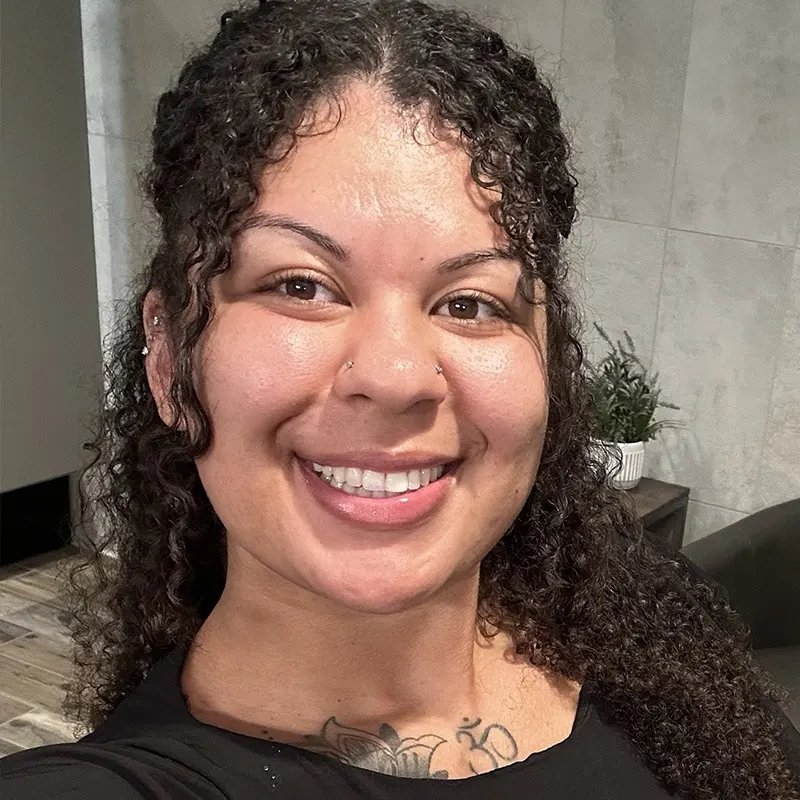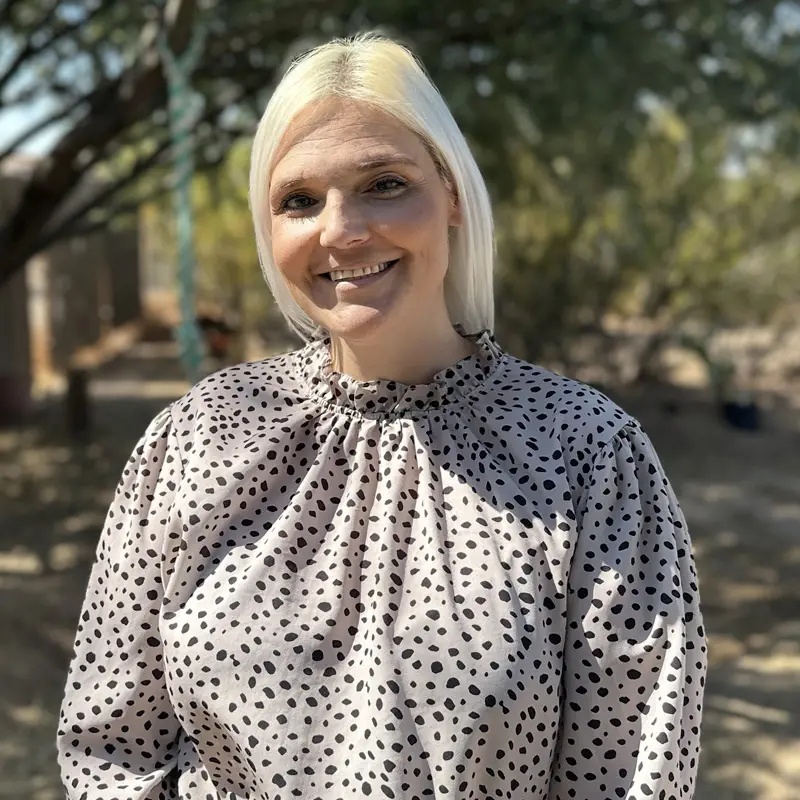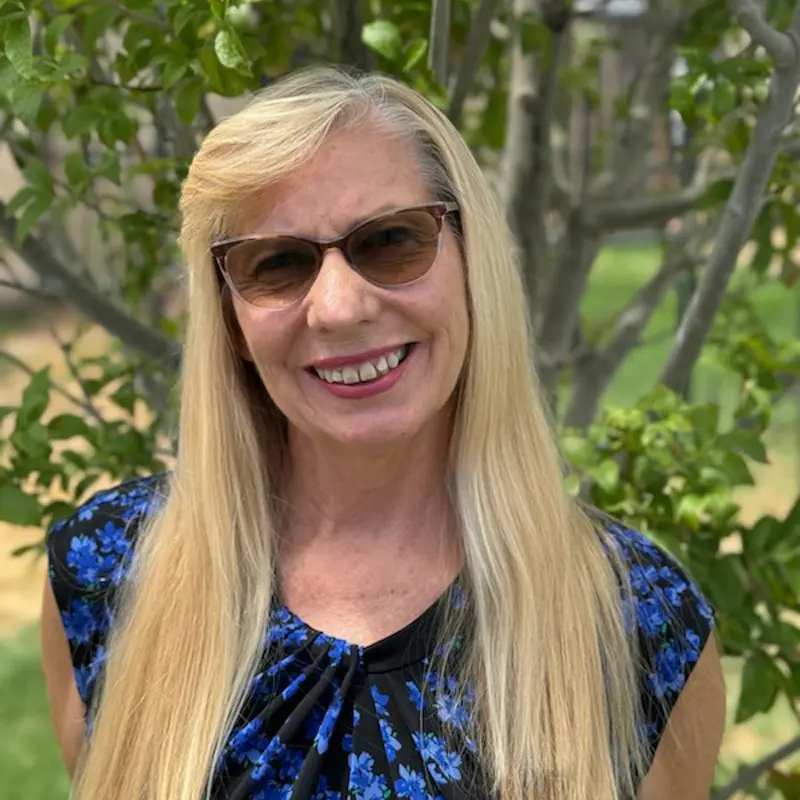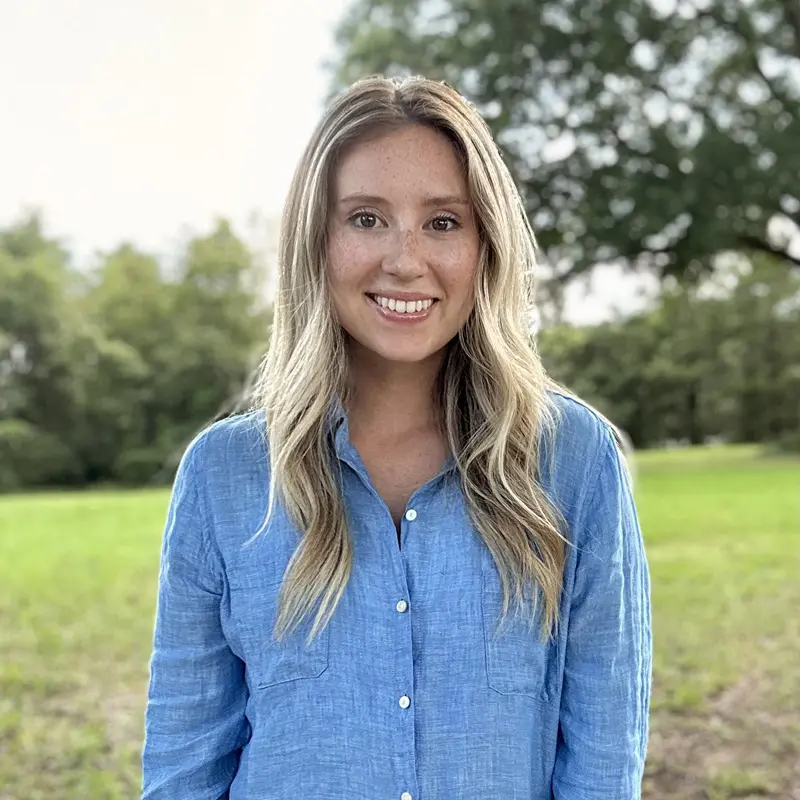Finding the right ABA therapist can make a lasting difference in your child’s development. Applied Behavior Analysis (ABA) therapy is one of the most effective, evidence-based approaches to helping children with autism spectrum disorder (ASD) improve communication, behavior, and daily living skills. But not all ABA therapists are the same.
At Cardinal Pediatric Therapies, high-quality ABA therapy starts with skilled, compassionate providers who understand the unique needs of each child and family. This guide will help you know what to look for in an ABA therapist so you can feel confident in your decision.

Why Choosing the Right ABA Therapist Matters
ABA therapy is not a one-size-fits-all intervention. It is a highly individualized process that requires collaboration, trust, and expertise. The therapist working with your child plays a key role in setting the tone for each session, tracking progress, and guiding long-term development.
The right therapist can:
- Build a trusting, motivating relationship with your child
- Create and implement effective behavior support plans.
- Communicate clearly with parents and caregivers.
- Adapt to your child’s changing needs over time.
A strong therapeutic relationship supports consistency and engagement, both of which are essential for meaningful progress.

Core Qualifications to Look For
When beginning your search, start with the essentials. Professional credentials and experience are the foundation of quality ABA services.
Certification and Credentials
Always verify that the therapist has appropriate credentials. There are different roles in ABA therapy, each with specific qualifications:
- Board Certified Behavior Analyst (BCBA): A BCBA holds a master’s degree or higher and is certified by the Behavior Analyst Certification Board (BACB). They are responsible for designing treatment plans, analyzing data, and supervising other team members.
- Board Certified Assistant Behavior Analyst (BCaBA): A BCaBA holds a bachelor’s degree and works under the supervision of a BCBA.
- Registered Behavior Technician (RBT): An RBT is certified to provide direct therapy under the supervision of a BCBA. RBTs work one-on-one with your child during sessions.
Ensure all professionals are licensed or credentialed in your state.
Experience with Autism and Developmental Delays
Ask whether the therapist has experience working with children on the autism spectrum, particularly those in your child’s age range. A therapist who understands the nuances of ASD will be better equipped to:
- Recognize individual strengths and challenges.
- Support emotional regulation and social skills.
- Adjust teaching strategies based on behavior patterns.
Experience working with nonverbal children, sensory sensitivities, or co-occurring conditions like ADHD is also valuable.
Training in Evidence-Based Practices
ABA therapy is rooted in science, but its application requires ongoing education. Look for therapists who:
- Stay current with best practices in reinforcement, prompting, and behavior shaping.
- Use data collection tools to measure progress.
- Know how to adapt techniques for home, school, or community settings.
Personal Qualities That Make a Difference
Credentials and experience are only part of the equation. The most effective ABA therapists bring warmth, patience, and creativity into every session.
Patience and Empathy
ABA therapy often involves repetition and slow, steady progress. A patient therapist who remains calm and encouraging can help your child stay engaged even during challenging moments. Empathy is essential when building trust and reducing anxiety.
Strong Communication Skills
Clear communication is essential. The therapist should be able to explain:
- What they are doing and why
- How goals are being measured
- What can parents do to reinforce skills at home?
You should feel comfortable asking questions and receiving honest, thoughtful answers. Therapists who involve parents in the treatment process help create consistency across settings.
Adaptability and Creativity
Children with autism learn in different ways. A good therapist will tailor their methods to fit your child’s learning style. This might mean using music, games, visuals, or hands-on activities to teach new skills.
The ability to shift strategies in real time is essential when a child becomes overwhelmed or disengaged. A flexible therapist knows how to pivot while keeping the session productive.

Red Flags to Avoid
While most ABA professionals are dedicated and qualified, there are signs that a provider may not be the right fit. Be cautious of:
- Lack of transparency about credentials or treatment methods
- Minimal or inconsistent communication with parents
- Overly rigid programs that do not consider your child’s preferences
- No data collection or progress tracking
- High staff turnover or limited supervision
ABA therapy should feel like a team effort. If something feels off or your concerns are not being addressed, it may be time to explore other options.
What to Observe During a Session
Observe a session before committing. Pay attention to:
- How the therapist interacts with your child (tone, responsiveness, body language)
- Whether reinforcement is used consistently and appropriately
- How transitions between tasks are handled
- How your child responds emotionally and behaviorally
Even if the therapist is qualified on paper, the connection they build with your child is what drives learning and development.
How Cardinal Pediatric Therapies Approaches ABA Therapy
At Cardinal Pediatric Therapies, we take a whole-child, whole-family approach to ABA therapy. Our team includes Board Certified Behavior Analysts (BCBAs), Registered Behavior Technicians (RBTs), and supporting specialists who work together to deliver personalized care.
We believe the best therapy happens when:
- Treatment plans are customized to meet each child’s strengths and needs
- Families are actively involved in the learning process.
- Collaboration with speech and occupational therapists is encouraged when needed.
- Sessions are engaging, structured, and built around the child’s interests.
We offer in-home and in-clinic ABA therapy services in Arizona and North Carolina, ensuring flexibility for families at every stage of the journey.

Getting Started With Cardinal ABA Therapy
Knowing what to look for in an ABA therapist can help you make informed decisions and set your child up for long-term success. Look for a provider who offers not only the proper credentials and clinical skills but also empathy, creativity, and strong communication.
Choosing the right therapist is more than checking boxes—it is about finding someone who understands your child, values your family, and believes in your child’s potential.
Suppose you are seeking ABA therapy in Arizona or North Carolina. In that case, we invite you to reach out to Cardinal Pediatric Therapies. Our team is here to guide you every step of the way and create a supportive, personalized experience that helps your child thrive.
Contact us today to learn more about how we can help your family move forward with confidence.












